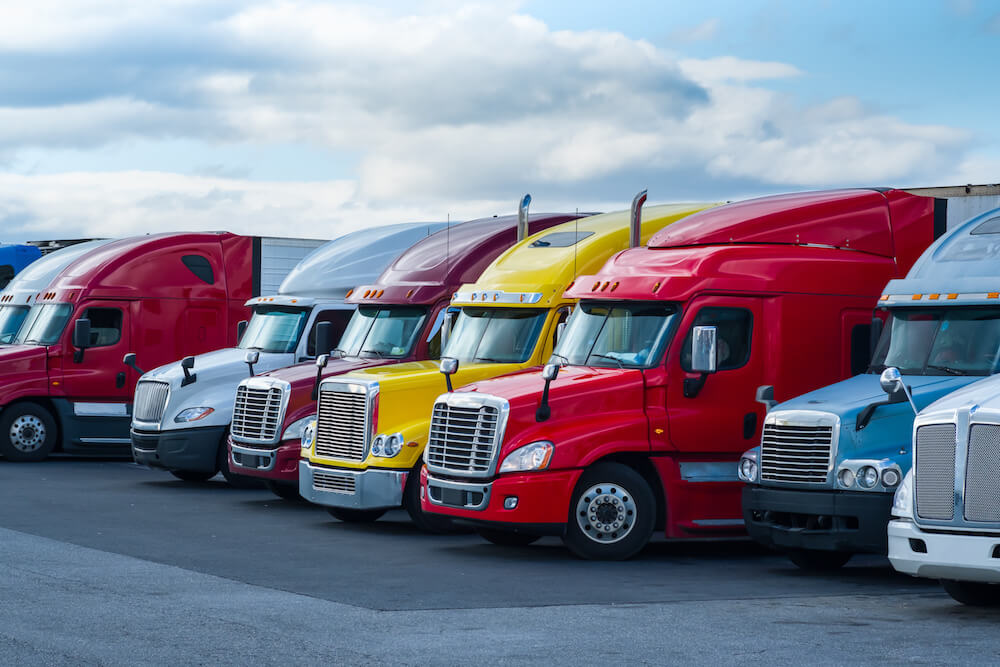Do the terms you hear used in the trucking industry sometimes make it seem like people are speaking a foreign language? They aren’t, of course, but it never hurts to seek clarity to ensure that you’re following all rules depending on the type of trucking business you operate or who you work under.
The terms motor carrier, broker, and freight forwarder authority can become especially confusing when you’re new to the business.
What is a motor carrier?
According to the Federal Motor Carrier Safety Administration (FMCSA), a motor carrier is someone who transports goods or people in exchange for financial compensation. These are truckers-for-hire, and the specific types of insurance they must carry depends on the types of goods or number of people transported as well as several other factors. A motor carrier must get trucking authority and have an active DOT. Motor carriers must obtain liability insurance at a minimum.
What is a broker?
A broker is a person or an organization that arranges the transportation of goods by a motor carrier. The motor carrier receives compensation from the end customer while the broker receives a commission. The broker does not assume any responsibility for the property nor does he or she transport it personally.
What is a freight forwarder authority?
A freight forwarder authority is a person or organization that makes itself available to the public for the purpose of transporting property. When the transport takes place within the state, it is referred to as intrastate commerce. Interstate commerce is when the freight forwarded crosses state or national lines to make the delivery. These things also help to differentiate a freight forwarder authority from a motor carrier or a broker:
- May assemble or consolidate the shipment or arrange for others to do so.
- Performs distribution operations and break-bulk of the shipments.
- Assumes full responsibility for the shipment from the time it leaves it origination point until delivered to the customer at the destination point.
- During any part of the transport process, the freight forwarder authority may use a motor, rail, or water carrier under the direction of the Surface Transportation Board or the FMCSA.
Freight forwarders may also store goods for their customers. They typically produce their own bill of lading as well as shipping and export documents. The freight forwarder may take possession of one large shipment and break it down into smaller deliveries depending on the goods and the area of the country where they need to be delivered.
Make sure you have adequate insurance coverage.
If you operate as a motor carrier, you will want to obtain coverage for the loads you transport and protection if you injure someone else or damage their property at a minimum. Liability insurance will cover damage to others while cargo insurance protects you from financial loss due to undeliverable loads. This could occur for a variety of reasons, including severe weather, vandalism, theft, or fire. The law does not require brokers to carry insurance, but you have the option of purchasing cargo insurance. The FMCSA requires freight forwarders to have several types of insurance, including general liability, surety bond, cargo, and Service of Process Agents.
Our team is here to help you get truck insurance quotes.
You can click here to view our recommended insurance by truck type or contact us at 678-271-3449 for more information. You can also fill out our online quote form or message us on LiveChat to get started with your 18-wheeler insurance quotes.
Source:
https://www.fmcsa.dot.gov/registration/insurance-requirements



